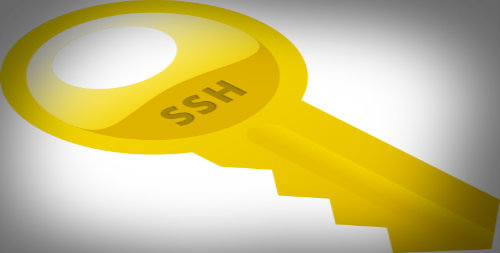tl;dr Settings up password-less login with SSH keys in faster and more secure. Here’s my journey.
Background
I had been using Shuttle (an SSH manager for Mac) but wanted to get rid of the application dependency. I wanted some geek cred so I set up a .ssh/config file with the 5 or 6 servers I log into daily.
Problem
I created a SSH config file in ~/home/.ssh/config with the following entry in for each server I wanted to access.
Host Server1
HostName 555.555.555.555
User joecool
From there, a simple ssh Server1 would get me SSH’d into the server. However, the server was still asking me for my password, so I set out to get password-less login working.
Run this command if you haven’t already to generate a private key pair
ssh-keygen -t rsa
Then, assuming you already have a .ssh directory with the keypair created, you can run the following to copy your public key to the authorized_keys file in the remote server.
cat ~/.ssh/id_rsa.pub | ssh [email protected] "cat >> ~/.ssh/authorized_keys"
In reality, that should have worked, but it still didn’t…
Solution
To debug, I ran ssh -v name@host to get more verbose output. Pro tip: adding more v’s adds more verbosity. I.e. -vvv is more verbose than -v.
Found out that it was trying 3 types of authentication and failing the first two (key based) and failing over to asking me for my server password again.
At that point, I did some googling and ran into this post.
The final answer in that thread stated that in the authorization error logs for the server, it was stated that there was a permission error of the .ssh directory. I wanted to check my servers auth.log file but it wasn’t where they stated it would be (var/log/auth.log for Ubuntu). Of course, I was on a CentOS server and the ssh auth logs are located in /var/logs/secure. Looking there, I found this log:
Jul 2 14:48:19 CS00X sshd[3257]: Authentication refused: bad ownership or modes for directory /home/brock
I followed the post’s advice and set the permissions of my .ssh files on the remote server like so:
chmod go-w ~/
chmod 700 ~/.ssh
chmod 600 ~/.ssh/authorized_keys
And viola, it worked like a charm. No more entering passwords!
